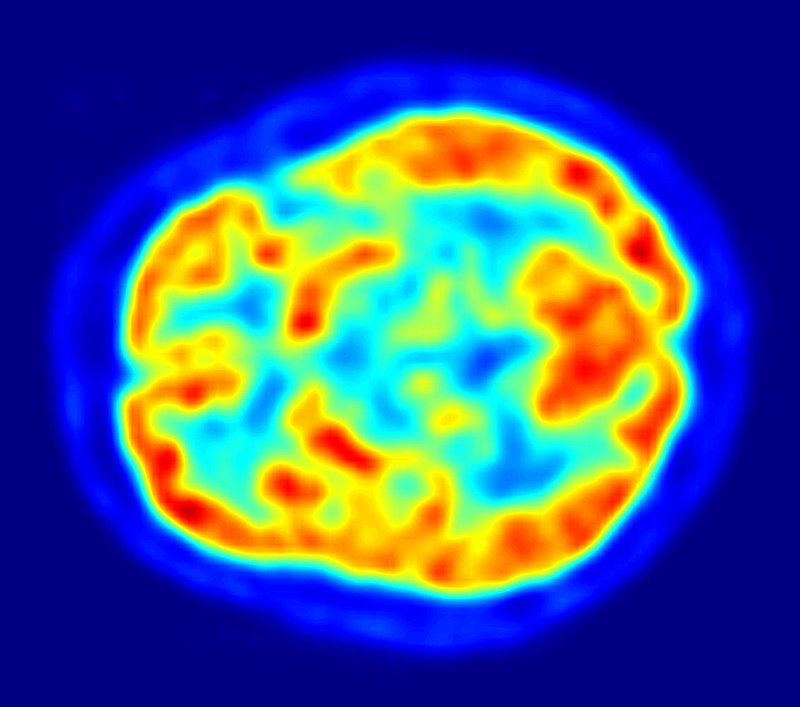(Why Studying Late May Not Be Such a Good Idea After All!)
During frantic conversations throughout exam times, it can seem that a lot of students simply equate the number of hours you study with your chances of success. The more hours you spend in the library memorizing cellular processes and microbiological functions, the more likely you are to breeze through your exams, right?
This common but misinformed way of thinking can lead to the temptation to stay up until 2 or 3 am night after night, pouring over the textbooks in the library and then again back at home once the doors are finally bolted shut. But in fact, all those late nights burning the midnight oil are probably doing you more harm than good.
I used to believe that late nights were the only way to go. But sometimes it seemed like the harder I studied, the worse my grades would get! This made no sense, until I realized the toll this sleep deprivation was having on my health and memory. I learned to study smarter, not harder, and made getting a good night sleep a priority.
Now, as brand ambassador for QUPI.com – a medical study platform with over 10,000 questions and users around the world – I see many young students making the same mistakes I made. In the article, you’ll learn about building healthier habits which will help your grades in the short term and your overall career success in the long term.
Study matters, and with a discipline as complicated as medicine you’re certainly going to need to put in the hours. But sleep matters too. And it’s not just about “getting your 8 hours” so you don’t grouch at your flatmates the next day. In fact, sleep plays an essential yet little understood role in how your brain processes and retains information.
If you fail to get adequate sleep, then all that extra study may, in fact, count for nothing because you are not giving your brain the chance to consolidate all the facts and figures you have been spending so many painful hours cram into it.
To better understand the importance of sleep for your study efforts, let’s take a closer look at how the brain actually creates and accesses memories. (For those neurology students for whom this is old news, treat this article as a friendly reminder to close the text books a little earlier tonight, ok?)
Sleep and the Three Stages of Memory
- Acquisition. This is what happens during your lectures or when you’re reading your textbooks. In practice, this phase really can only operate while you’re awake (yep, your friend who dozes through lectures but claims to be absorbing the information during his sleep really is dreaming!).
However, just because acquisition only happens when you’re awake doesn’t mean sleep doesn’t have a role to play in this stage. If you haven’t slept well the night before, you’re likely to be unfocused, your brain in a fog. This dampens the effectiveness of the acquisition stage. So right from the start, we see the importance of sleep through the whole learning process. - Consolidation. This is the process that scientists and researchers believe actually happens during sleep, particularly during the fascinating and little understood deep sleep phase known as REM (Rapid Eye Movement).
Originally it was thought that REM sleep was associated with the consolidation of so-called “Declarative” memory, perhaps the simplest form of information acquisition. This is the “what,” for example the names of certain cells, the various types of pathological diseases, and the labels for various different surgical techniques.
Nowadays, researchers feel that REM may better be associated with the consolidation of the far more complex “Procedural” memory. This is the how, the means of performing a certain dissection technique, or carrying out a particular diagnostic process. - Recall. The final phase of the memory process requires little explanation. This is when you sit down in an exam or in the laboratory or with a patient and actually apply and access the information and processes which you have previously acquired and consolidated.
Like acquisition, this phase happens only when you’re awake, and yet you still need to have had adequate sleep in order to perform this phase effectively.
How to Actually Have Better Sleep
From the three stage process above, we see the importance of sleep at all stages of acquiring, consolidating and recalling everything you need to know to pass your exams. Healthy sleep habits also have a range of other benefits, from increased physical health to greater mood stability and cheerfulness. (As we have seen in previous articles, happiness itself is also important for a successful time in medical school, see: Why Happy Medical Students Get Better Grades).
But it’s one thing to say get better sleep, It’s another thing to install in yourself the habits and behaviors that will actually result in positive change. Especially if all of your peers are in the habit of studying late, the first few times that you slink home from the library early, you may feel guilty. “Oh my god, I’m missing out on all this study, I’ll be so far behind!” This anxious way of thinking is a sure-fire path to insomnia, meaning you’ll be suffering from sleep deprivation the next day anyway!
Understanding the importance of sleep for learning is a good start. Because you may be reducing the hours you study, you may need to become more organized, and spend time planning the exact information you need to acquire, and learning the criteria that you’ll be expected to meet for your assessments.
This way, even when you go to bed earlier than many of your peers, you’ll be reassured by the knowledge that you’ve a) met your requirements for the day, and b) are getting sufficient sleep which boosts your focus, recall and understanding, while much of what your fellow students are learning will fade from their mind the moment their alarm clocks go off the next morning.
Other common sense approaches can make a big difference between getting a healthy night’s sleep and lying awake staring at the ceiling. Get plenty of exercise. Spend time outside, absorbing the sunlight. Put your cell phone away (and on silent!) before you go to bed. Avoid caffeine intake in the afternoon. Sure, you probably know much of this already, but how much do you actually apply?
Making some deliberate lifestyle changes with the goal of improving your nightly sleep can have huge ramifications, not only for your grades but for your overall health and happiness as well.
Now that you know the importance of sleep, treat it as a challenge, and apply your energy and brain power into creating a physical and mental environment that allows you to get enough sleep each night, without guilt or distraction.
Happy snoozing!
Future Doc House













